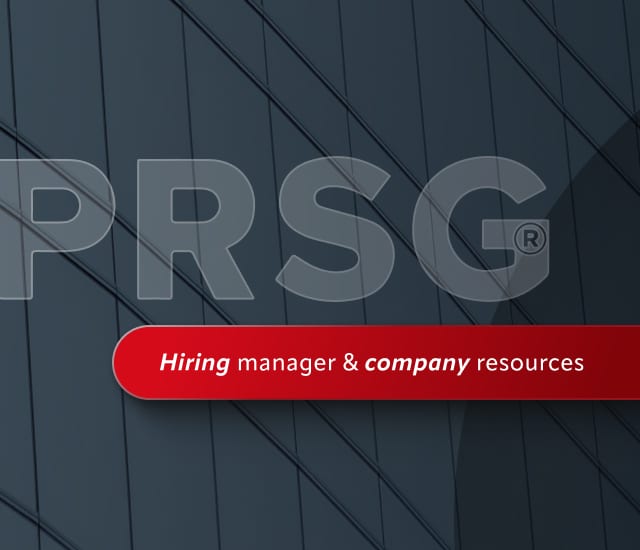Pros and Cons of Having a Culture Assessment in the Interview Process

The hiring process is a critical component of any organization’s success, and it plays a pivotal role in shaping the workplace culture. In recent years, many companies have incorporated a “culture index” or “personality index” into their interview process to assess whether candidates align with their organizational culture. While this approach has gained popularity, it is not without its share of advantages and disadvantages. In this article, we will explore the pros and cons of having a culture match in the interview process.
Pros of Having a Culture Assessment
- Cultural Alignment: One of the most significant advantages of incorporating a culture index is the ability to ensure that new hires align with the company’s values, mission, and culture. This can contribute to a more harmonious and productive work environment, as employees who resonate with the company culture are more likely to stay engaged and committed.
- Reduced Turnover: When candidates are assessed for cultural fit during the interview process, the likelihood of hiring individuals who may not thrive in the company’s environment is reduced. This can lead to lower turnover rates and save the organization both time and resources associated with recruiting and training new employees.
- Enhanced Team Dynamics: A culture assessment can help in building stronger and more cohesive teams. When individuals share similar values and work ethics, they are more likely to collaborate effectively, which can improve overall team dynamics and performance.
- Improved Employee Satisfaction: Employees who feel a strong cultural fit with their organization tend to be more satisfied in their roles. This can lead to increased job satisfaction, higher morale, and ultimately, better productivity.
- Reputation and Branding: Companies known for their strong cultural values and commitment to cultural fit during the hiring process can attract top talent who are drawn to the organization’s mission and values. This can enhance the company’s reputation and employer branding.
Cons of Having a Culture Assessment
- Diversity Concerns: A primary concern with the culture index approach is the potential for bias and a lack of diversity in hiring. Overemphasizing cultural fit may lead to a homogeneous workforce, which can limit creativity and hinder innovation.
- Stagnation: Focusing too much on cultural fit might discourage the introduction of fresh perspectives and ideas. Innovation often thrives on diversity, and hiring solely based on cultural alignment can stifle creativity and growth.
- Subjectivity: Assessing culture fit is inherently subjective and can be influenced by unconscious biases. This subjectivity may lead to unfair hiring decisions and a lack of objectivity in the interview process.
- Slow Hiring Process: Incorporating a culture index can extend the hiring timeline, as evaluating cultural fit requires additional time and resources. This can be a disadvantage in fast-paced industries where swift hiring is essential.
- Limited Adaptability: Companies evolve over time, and their cultures can change. Relying too heavily on a static culture index may lead to hiring individuals who align with the current culture but struggle to adapt to future changes.
Incorporating a culture fit into the interview process, has both pros and cons. Striking a balance between assessing cultural fit and promoting diversity is crucial for a successful hiring strategy. Companies should continuously evaluate and refine their hiring processes to ensure they attract, retain, and nurture a diverse and dynamic workforce.
